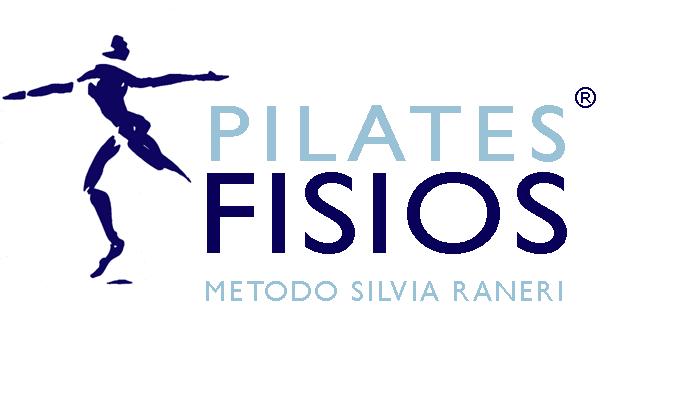ABSTRACT Background: Multiple Sclerosis (MS) is a disabling chronic disease of the nervous system in which the myelin system of the central nervous system is deteriorated. The objective of this study is to understand the effect of Pilates exercises and aquatic training for a 12 week period on the dynamic balance of MS patients. Methods: The research method is semi-experimental. As a result, among the female patients visiting the MS clinic of Kashani hospital in Esfahan, 57 patients with disease intensity levels between 0 and 4.5 were taken as samples. The average length of the disease was 8 ± 2 years, 20;40 years old, and they were randomly divided into three groups of Pilates exercise group, aquatic training group, and the control group. The exercise schedule for the experiment groups consisted of 12 weeks, three sessions per week, and 1 hour for each session. The dynamic balance of the patients, before and after the exercises was measured by Six Spot Step Test. Results: The adjusted mean differences of Timed Up and Go Test (TUGT) scores of the experimental groups are significantly different (P<0.05). Therefore, it can be said that Pilates exercise interventions and aquatic training can significantly increase the dynamic balance of the examinees in the post-experiment stage. Conclusions: Performing the Pilate exercises and aquatic training increases dynamic balance of the MS patients. Considering the role of dynamic balance on physical fitness and enabling the person in doing is daily chores and routines, and its direct effect on the quality of life, it leads the specialists in applying these exercises as a supplementary treatment along with the medicinal treatments for MS patients. Keywords: Aquatic training, dynamic balance, multiple sclerosis, pilatesAbstract
Background: People with Multiple Sclerosis (MS) frequently experience balance and mobility impairments,
including reduced trunk stability. Pilates-based core stability training, which is aimed at improving control of the
body’s stabilising muscles, is popular as a form of exercise with people with MS and therapists. A replicated single
case series study facilitated by the Therapists in MS Group in the United Kingdom (UK) provides preliminary
evidence that this approach can improve balance and mobility in ambulant people with MS; further evidence is
needed to substantiate these findings to ensure that limited time, energy, finances and resources are used to best
effect.
This study builds upon the pilot work undertaken in the case series study by implementing a powered randomised
controlled study, with the aims of:
1 Establishing the effectiveness of core stability training
2 Comparing core stability training with standardised physiotherapy exercise
3 Exploring underlying mechanisms of change associated with this intervention
Methods: This is a multi-centre, double blind, block randomised, controlled trial. Eligible participants will be
recruited from 4 UK centres. Participants will be randomly allocated to one of three groups: Pilates based core
stability training, standardised physiotherapy exercise or contract-relax relaxation sessions (placebo control). All will
receive face to face training sessions over a 12 week period; together with a 15 minute daily home programme. All
will be assessed by a blinded assessor before training, at the end of the 12 week programme and at 4 week
follow-up. The primary outcome measure is the 10 metre timed walk. Secondary outcome measures are the MS
walking Scale (MSWS-12), the Functional Reach (forwards and lateral), a 10 point Numerical Rating Scale to
determine “Difficulty in carrying a drink when walking”, and the Activities-specific Balance Confidence (ABC) Scale.
In addition, ultrasound imaging of the abdominal muscles will be performed before and after intervention to
assess changes in abdominal musculature at one of the four centres (Plymouth).
Discussion: This pragmatic trial will assess the effect of these exercise programmes on ambulatory people with
MS. It may not be possible to extrapolate the conclusions to those who are non-ambulatory.
Trial registration: ClinicalTrials.gov: NCT01414725
Keywords: Multiple sclerosis, Mobility, Balance, Exercise, Physiotherapy, Core stability


